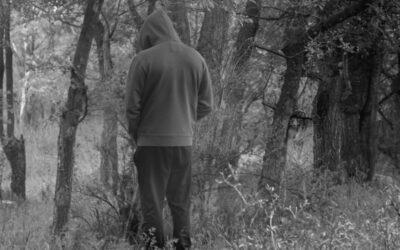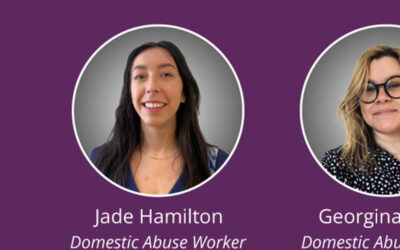Elder abuse is often overlooked by services. Particularly where the perpetrator is not an intimate partner. Older people are more likely to experience abuse from an adult family member, than a current or ex-intimate partner1. Of course, there are exceptions to this.
The proportion of men experiencing domestic abuse increases as they get older. According to SafeLives, the number of male victims is around 4% in age groups 16 to 60 years. That’s in comparison to 21% for those aged 61 and over.2

Recognition
It’s important for practitioners to recognise that domestic abuse can happen to anyone, and not discount older people. There can be a tendency to treat domestic abuse against older people as a ‘welfare’ issue. However, we must make sure every individual receives appropriate multi-agency responses. This needs to include access to specialist, domestic abuse support.
The following checklist has been put together by Dewis Choice3 for practitioners working with older people. When caring for an older person:
- Create opportunities and a safe space to speak to them on their own
- If carrying out a health, benefits or care assessment, ensure at least part of the assessment is carried out alone with the older person
- Reassure them that anything they tell you in confidence will not be shared with their partner or family members
- Ask them who they trust and feel they can confide in. It may be a family member, friend or practitioner
- If they are being cared for by a partner or family member, check they are 100% happy with their treatment. Also ask whether they feel in control of the care they are provided
- If it’s an older person providing care, ask them if they feel comfortable and safe with the person they are caring for
- Explain that there are organisations who can offer help and support and provide contacts
- Keep offering support, even if it is refused at first
- Ask your line manager or safeguarding officer where to record disclosures of abuse safely. Make sure the records will not be seen by a partner, family member or potential perpetrator
With client consent, you can refer an older person to PARAGON for specialist domestic abuse support.
A clear message
This video gives a clear insight into how domestic abuse can be experienced by four elder people.
To find out more information about recognising domestic abuse and how to respond to disclosures of domestic abuse, you can attend one of our Dragonfly Workshops
If you think you are experiencing domestic abuse please contact one of our teams.
1SafeLives (2016), Safe Later Lives: Older people and domestic abuse, Safe Later Lives – Older people and domestic abuse.pdf (safelives.org.uk) (accessed 14 June 2023).
2Ibid.



